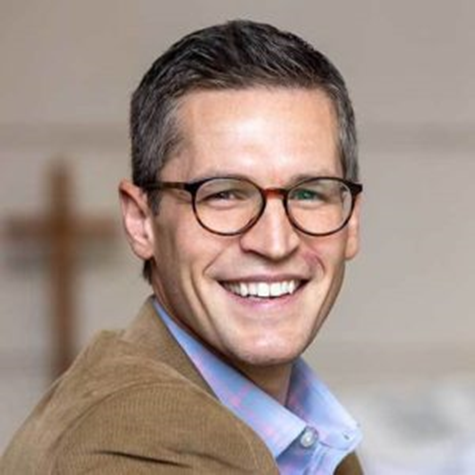I recently led a training on our ShareChurch platform with my friend and colleague Dr. Rebeca Chow, Clinical Director of Counseling Services at Resurrection. We shared ideas about how to strengthen our mental health through seasons of disruption. We discussed resilience in leadership. And, we offered inspiration for ministry. For the next six months, you can purchase access to the recorded content here, if you’d like.
Rebeca and I started the event with a question — is your cup empty or full? How you answer says a lot about your rhythms of work, rest, and renewal.
There’s interesting data on the current state of pastors and church leaders you’re likely familiar with: The Barna group reported last year up to 42% of pastors had considered exiting full-time ministry in the previous 12 months. I recently heard someone suggest the number has dropped slightly to 39%. Still a high number.
The Duke Divinity Clergy Wellness Initiative conducted research on clergy stress and stress management intervention. The team at Duke noted common stressors related to “servant-hearted” occupations include:
Can you relate to any of these? I know I can. The researchers at Duke also noted stressors specific to clergy:
You might ask the question, why submit myself to such stress? Why pursue pastoral ministry or leadership in the church at all?
I’m guessing most of you have a deeply rooted sense of meaning and purpose; a vocational call given to you by God. In fact, challenging work can be deeply meaningful work. Difficult work can fill our soul, our metaphorical cup, and bring about fulfillment if it includes three things: (1) creativity, like an artistic act, a labor of love; (2) experience, like nature, love, or art, something that brings a sense of awe; and (3) what might catch you by surprise, suffering.
Those who study suffering find that while some suffering can be horrifying, we have a lot to learn from experiences of hardship and suffering, as well as from those who encounter suffering in their lives, because it can teach us about meaning. They don’t suggest we go out in search of suffering, but they acknowledge suffering is part of human life.
Today, we ought to be careful about how we highlight our pain or suffering. When things get tough, when we’re confronted with obstacles and challenges, it’s easy to lose sight of meaning. When our job seems overwhelming, when we face burnout, it’s natural to shrug and ask, “What’s the point?!” Yet, it’s most often the deep-seeded purpose within us that helps us persist.
So, how can we find inspiration again? Start by naming your purpose. Write it down. Sometimes, gaining clarity about our purpose requires taking time to catch our breath.
To be inspired quite literally means taking a breath, inhaling, breathing deeply.
I love Eugene Peterson’s translation of Psalm 23, verse 3. It reads, “True to your word, you let me catch my breath and send me in the right direction” (Psalm 23:3, MSG). God, through Christ, is faithful to his promise to restore us, renew us, and fill us again.
Sometimes, our response has to be pausing, catching our breath, and waiting for God to send us in the right direction.

Joshua Clough served as Location Pastor for Resurrection Overland Park. He completed his doctorate in Practical Theology and Leadership at Fuller Theological Seminary. He runs marathons, ultra-marathons, and because he grew up in Seattle, drinks a lot of coffee.